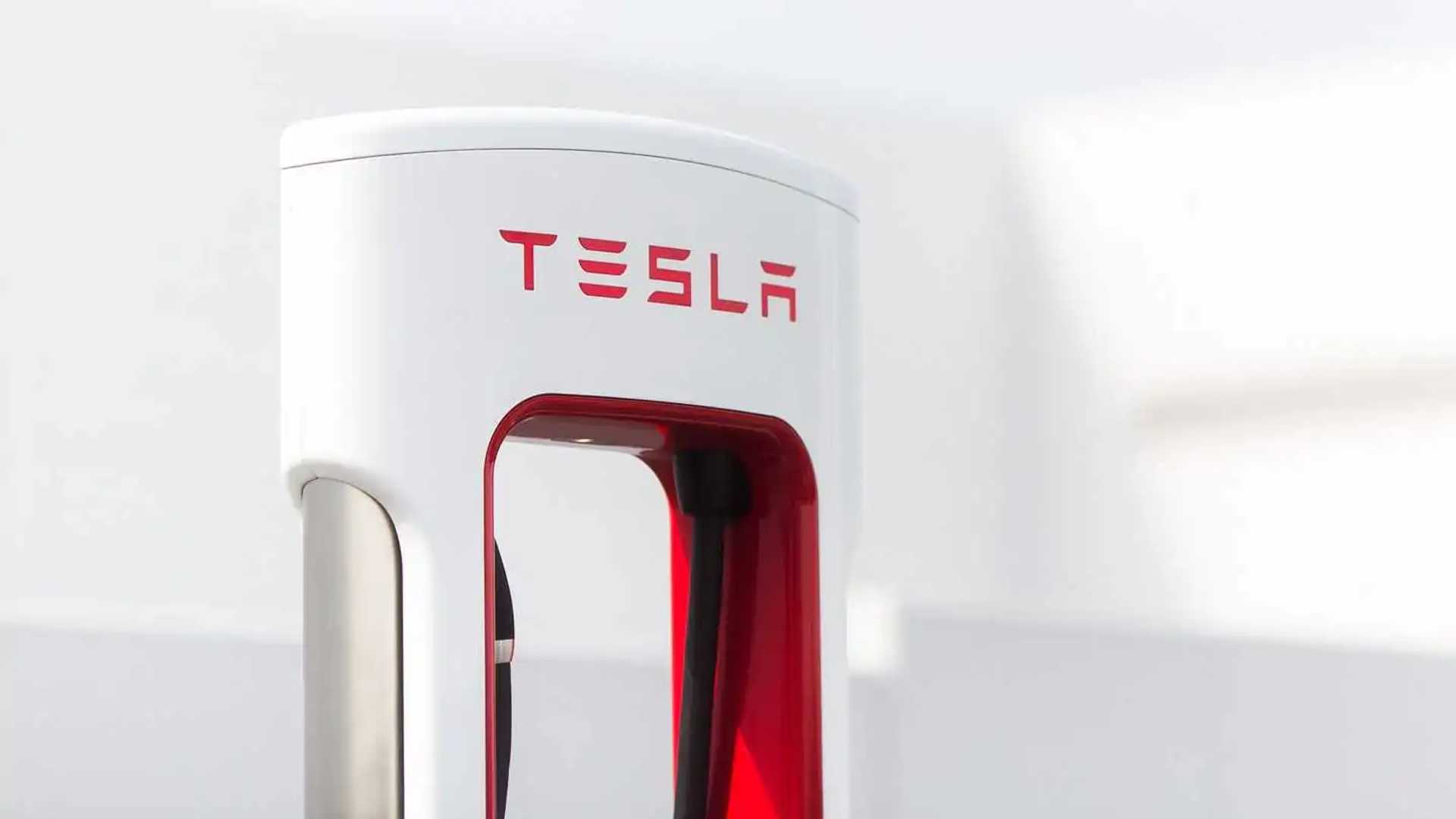
Tesla Superchargers may no longer be limited to electric cars. Even electric boat manufacturers seem to be gravitating towards the technology. Pure Watercraft, a Seattle-based company specializing in zero-emissions boats, announced on Twitter that it was looking forward to using Tesla’s North American Charging Standard (NACS) connectors on its boats.
The news is not surprising since Pure Watercraft is partly General Motors-owned. The Detroit carmaker holds a 25 percent stake in the company.
The Tesla Supercharger has been making headlines after GM CEO Mary Barra announced just last week that GM owners would be able to access the Tesla fast charger with an adapter early next year onwards. The first GM vehicle with an in-built NACS socket is expected to arrive in 2025. Ford made a similar announcement in May 2023, wherein its future EVs could come with an adapter or an inbuilt NACS connector.
Pure Watercraft’s Pure Pontoon boat, developed in collaboration with GM, uses the carmaker’s 66-kilowatt-hour automotive-grade battery pack with single or twin 25-kilowatt electric motors for emissions-free sailing.
In general, one battery pack provides two gallons of gas range, or more at lower speeds, the company says on its website. Assuming an average of 25 miles per gallon, the boat could sail for 50 miles, but will likely need shoreside Tesla Supercharger access to reap its fast-charging benefits.
The single motor boat costs $75,000, while the twin-motor version is priced $95,000, and can be reserved for a $100 refundable deposit.
When GM announced the partnership in 2021, Andy Rebele, founder and CEO of Pure Watercraft, said:
This joint effort with GM is expected to enable us to make significant technological advancements in range and charging while achieving volume production.
Which other non-automotive applications will the Tesla Supercharger have in the future now that more manufacturers in the zero-emissions mobility space seem to be allured by it? Leave your thoughts in the comments.

